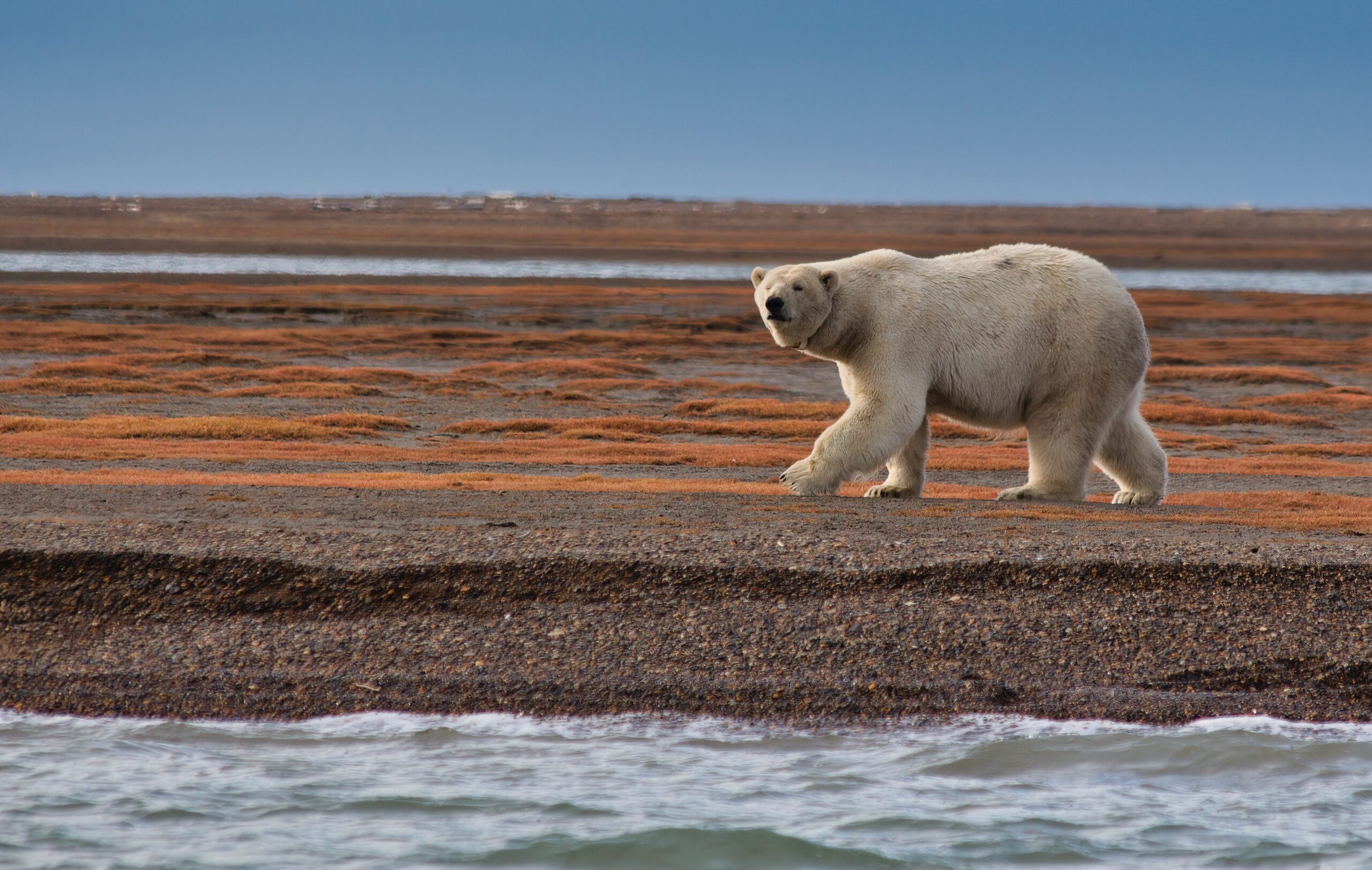Research during the past half century has settled a fundamental climate question that had challenged scientists since the 19th century: will human beings, by adding carbon dioxide and other heat-trapping gases to the atmosphere, significantly affect climate? The answer is now known to be yes. Scientists understand that humankind is no longer a passive spectator at the great pageant of climate change.
But confusion and misconception about these themes, are diffused among the public audience.
The reasons for the large-scale public confusion could be that the acceptance of the climate change appears to track with the strength of the economy. In difficult times, people seem more likely to reject the science. Probably it is diffused the belief that policies for addressing the problem might harm the economy. And perhaps people can only worry about so many things at a time [1].
A second major factor is the well-organized and well-funded disinformation campaign that has been supported against climate science for decades. These policies against science, as well observed during the pandemic times, seek to reassure people, minimizing the problems. Motivations for that campaign range from ideological to financial [1].
For these reasons and, in order to spread the awareness of how our planet in changing, it is essential to reinforce the science communication and the climate change communication, for example by using the more appropriate words [1].
Communicating on Climate Change on the surface, is about educating, informing, warning, persuading, mobilizing, and solving this critical problem. At a deeper level, climate change communication is shaped by our different experiences, mental and cultural models, and underlying values and worldviews.
So there are several opportunities to clear the confusion diffused on this theme. Many organisations (see the references below) are trying to enhance the climate change communication, but everyone can partecipate by taking action and by speaking about this topic with the right words.
An example…use the appropriate definition.
“Global warming” or “climate change”?

Global warming is the long-term heating of Earth’s surface observed since the pre-industrial period (between 1850 and 1900) due to human activities, primarily fossil fuel burning, which increases heat-trapping greenhouse gas levels in Earth’s atmosphere. Climate change is a long-term change in the average weather patterns that have come to define Earth’s local, regional, and global climates. These changes have a broad range of observed effects that are synonymous with the term [2].
Use authoritative scientific information.
Check your sources. When sharing facts and figures, make sure they come from a reliable source, which is science-based (consistent with the latest scientific consensus) and objective (not biased or influenced by financial or political incentives). Peer-reviewed articles (reviewed by experts in the same field prior to publication, as Piecese of Science do) generally provide the most reliable information [3].
Explain problems and solutions.
Focus on the solutions. Presenting data alone may numb the audience. Make it relatable, local, and personal. Individual stories can forge an emotive connection, get the audience to care, and make shared global challenges seem less daunting. Let people know that they have the power to effect change. Individual action and systemic change go hand in hand. A popular sentence of Greta Thunberg’s is “When do we start to take action, hope is everywhere”.

So small steps by many people can help persuade leaders to make the big changes we need. We need to highlight the voices, expertise, innovations, positive action, and solutions by people from all walks of life and communities from all parts of the world [3]. (Read an example here.)
Take action.
All hands are necessary. Cutting greenhouse gas emissions to net zero by 2050, and halving them by 2030, requires nothing less than a complete transformation of how we produce, consume, and move about. Acting sooner would be less disruptive than acting later. Surveys indicate that most of people around the world want their governments to take action and most citizens in advanced economies are willing to make changes in their own lives. (Many idea for biodiversity here.)
Engage youth.
The global youth climate movement plays a powerful role in driving action. It’s an opportunity for the future not only a problem [3].
[1] Why the confusion? Communicating the science of climate change – Somerville, Richard C J; Hassol, Susan Joy; Physics today; October 2011.
[2] https://climate.nasa.gov/global-warming-vs-climate-change/
[3] www.un.org/en/climatechange/communicating-climate-change





